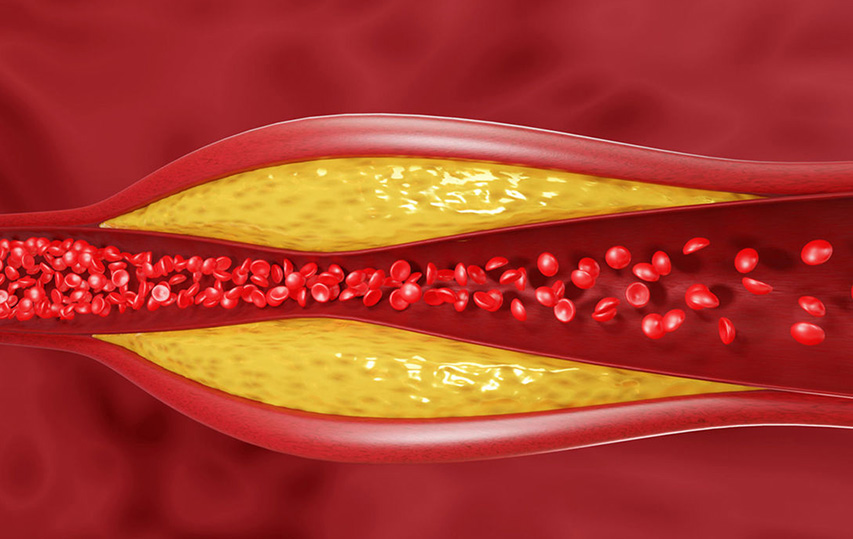Your 3 Billion Heartbeats:
How to Make Them Last
Your 3 Billion Heartbeats:
How to Make Them Last

Have you ever thought about how many times your heart will beat in your lifetime? Here’s a surprising truth: If you live to be around 75 years old and your heart beats at an average rate of 75 beats per minute, your heart will have thumped approximately 3 billion times.
Three. Billion. Times.
Now, here’s a little thought experiment: What if instead of thinking you live until 75, so your heart beats 3 billion times, we flipped the idea? What if your heart only gets 3 billion beats, and when it hits that number—your time’s up? Sure, it’s a simplified way of looking at lifespan, but it drives home a powerful point:
Your heart is your life clock. So how are you spending those beats?
Spend Your Heartbeats Wisely
Anything that burdens or stresses the heart—poor sleep, unmanaged hypertension, emotional burnout, constant anxiety—makes your heart beat faster. And guess what? The faster your heart beats, the quicker you’re burning through your 3 billion beat “budget.” In other words, you could be fast-tracking your way to the end of your heart’s natural lifespan.
On the other hand, a healthy heart—one that’s strong, nourished, and well cared for—beats more efficiently and more slowly. If your resting heart rate is lower because you’re calm, fit, and thriving, then your 3 billion beats stretch out over a longer, richer life.

When Stress Steals Your Beats
The next time you:
- Skip sleep to squeeze in more work
- Ignore rising blood pressure
- Live off caffeine, sugar, or adrenaline
- Keep saying “yes” when your body’s screaming “rest”…
…just remember, you’re not just “toughing it out”—you’re burning through your heartbeats faster than you need to. Every unnecessary stress spike is a withdrawal from your biological savings account.
The Paradox of Exercise

“But wait,” you might say, “doesn’t exercise make my heart beat faster?” Yes—it does in the moment. But regular, smart exercise conditions your heart to become stronger and more efficient. Over time, this leads to a lower resting heart rate, meaning your heart works less overall. Think of it like investing: you’re spending a few beats now to save millions later.
Can You Increase Your Heartbeat Budget?
Here’s the good news: while you can’t know the exact number of beats you’re given, you can influence how far they’ll take you.
- Feed your heart with nutrients it craves—omega-3s, antioxidants, minerals
- Support stem cell renewal for heart repair and resilience
- Balance stress hormones like cortisol and adrenaline
- Get genetic insights to understand your heart’s unique blueprint
From advanced heart health tests like ECGs and CT angiograms to genetic profiling, we now have tools that can help you glimpse whether you’re working with 2, 3, or maybe even 4 billion beats—and how to maximize every one of them.
Final Thought: What Would You Do Differently?
What if you woke up tomorrow knowing every heartbeat was a precious, limited currency?Would you move more? Breathe deeper? Love harder?
Would you choose real food over processed convenience?
Would you finally start listening to your body’s quiet whispers before they become desperate screams?
You don’t need to fear your heartbeat limit. You just need to respect it.
This awareness doesn’t limit your freedom—it empowers you to live more fully, more consciously, more vibrantly.
Because when you take charge of your health, you’re not leaving your future to chance…You’re building it with every beat.




